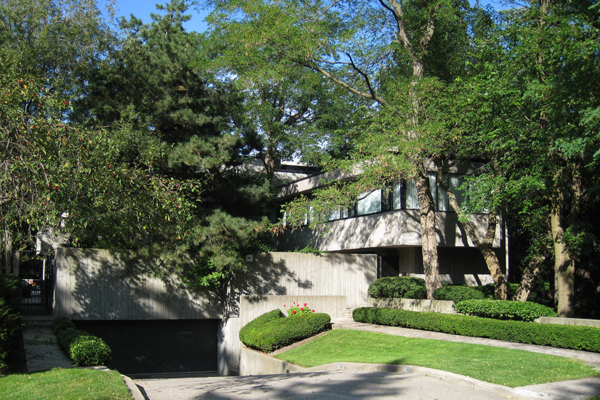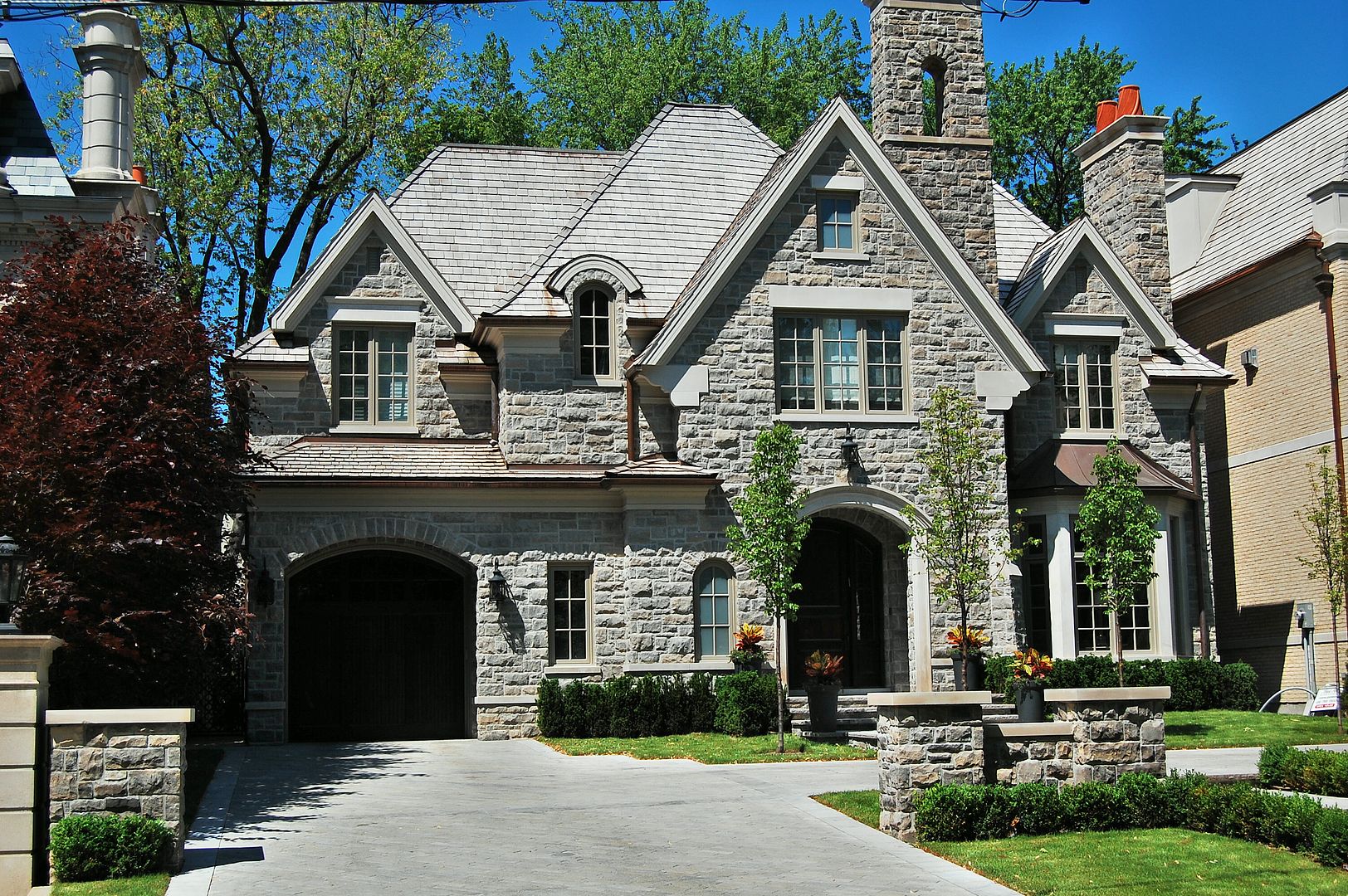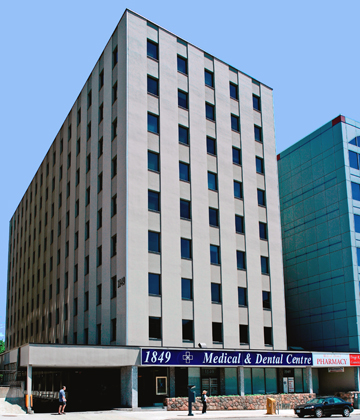Though it's interesting you single those particular examples out--don't take this as architectural condemnation, but it suggests that "good" Brutalism for the unwashed masses = a certain extroverted potboiler quality in the name of "visual excitement". Which, in some ways, is an insult to Brutalism; sort of like the raw-concrete version of how a McMansion loaded with columns and gewgaws can have more "mass appeal" than Miesian minimalism.
It also reminds me of how people in planes rather simple-mindedly "ooh" and "aah" over the Rockies and yawn over the Prairies.
If it were all about deferring to the so-called general public's so-called "basic emotional reaction", then Robert Bateman would rule the day at the AGO. Get the picture?
Maybe "basic" is the keyword here. As a synonym for the crudely underdeveloped, etc. That's a virtue?
I agree with your point but I feel the need to clarify that I don't aim to be the poster boy for architectural or cultural populism. I simply feel that there is something to be said about the type of beauty that is felt immediately and without self-aware rationalization.
I think you and I agree that technical complexity, innovation, context and historical significance are all important factors in considering the merit of something. It is my belief however that to have these four things and yet lack the type of beauty described above is to ultimately fall short.
One of my favourite Brutalist pieces is the IBM building in Oahu, Hawaii. Except for its honeycomb-like grid, it is the definition of simplicity.
When I first saw it I was immediately struck by how beautiful it was (to me at least).
When I later learned that its distinctive grille acted as a sunshade, discouraged pigeons, and was self-cleaning, I liked the building even more as it was designed intelligently. Similarly, the facts that the grille had metaphorical significance and that the building served as the office for a prominent modern employer also added to its overall appeal and made it more complete.
In my opinion however, if the building had all of the these latter cerebral things, and lacked the former, then I can't say that it would have been a truly great building.
] Funny how you seem possessed by some Sunday-painter concept of "beauty". Get this through your skull: to those qualified to make these decisions, The. Colonnade. Is. *ahem* Beautiful. *ahem* It wasn't a simple political fix; genuine architectural merits had something to do with its designation. But to explain the whys and wherefores to you would be like explaining the artistic merits of Fluxus to a collector of Bateman prints.
I don't think that I have presnted an obsession with "Sunday-painter" beauty in my posts and if I have, it is not what I have intended.
I also resent your recurring assertion that you would not be able to explain to me why you feel the Colonnade is beautiful because I am somehow deficient. I understand that asking you to explain this is not an easy task and that you frankly may not wish to waste more time and effort on me, but please don't insult my intelligence.
If you do wish to elaborate on your opinion however please do not hold back. I am open minded and if you are only able to explain the building's beauty in very technical terms then I would not reject your argument without first making an honest effort to understand your point. I am also not above admitting that you are right if there is truly something that I am missing in my analysis.
Though from an open-minded perspective, I'll offer you this much: I'd likely bookmark Robert Stern's nearby 1 St Thomas for future heritage designation as well--even though it's the kind of architectural antithesis that'd be right up the alley of those who find the Colonnade ugly (and for a lot of the Colonnade's architectural defenders, the feeling is likely mutual)
The converse to my initial point above is also true however and that is why I suspect we would also agree on One St. Thomas, which is visually pleasant but is lacking in other departments and therefore falls short of architectural greatness.
As a final point I do want to give you credit for making me think about a building that I honestly had not given a great deal of thought to before. I will be looking at the Colonnade more critically the next time I am on Bloor.
Also, ProjectEnd, I will take your advice on Concrete Toronto - I have seen the book recommended many times on this forum before and think I will find it interesting.








